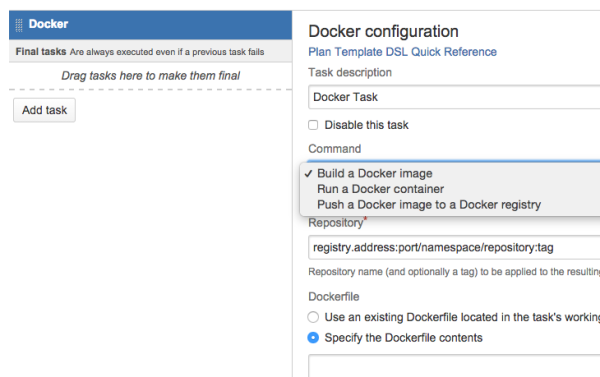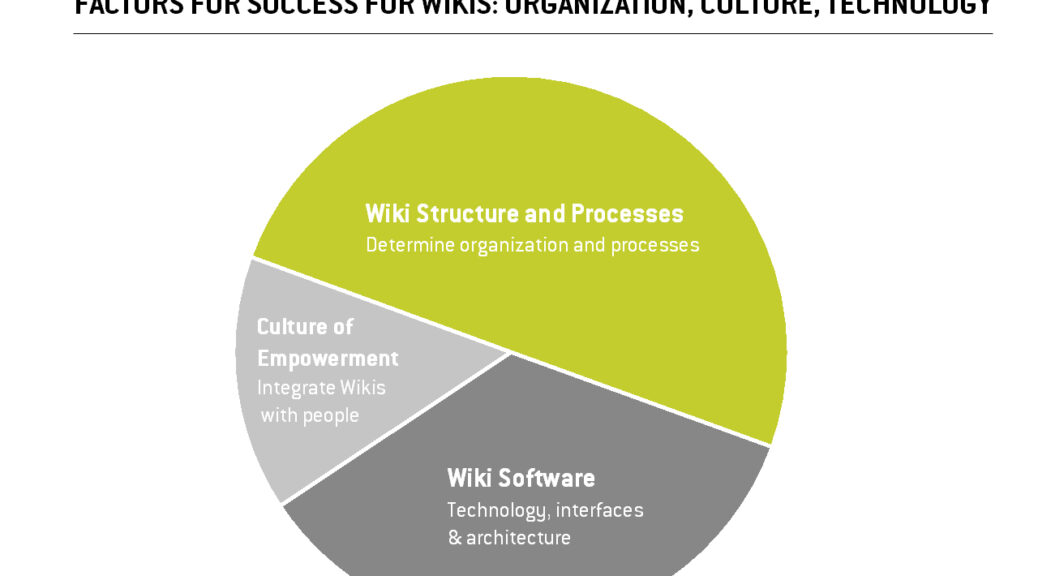Today I met a refugee in person for the first time during our Saturday coding sessions for kids in our office. His name is Omid. This guy is 16, from Afghanistan, sympathetic, eager to learn and full of joy and excitement. Actually Omid seems to know exactly what is at stake for him. He deliberately tried to sit through a JavaScript coding workshop without German language skills that would allow him to even understand what was said.
Coding with refugees







